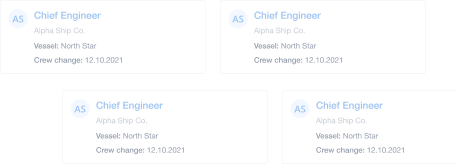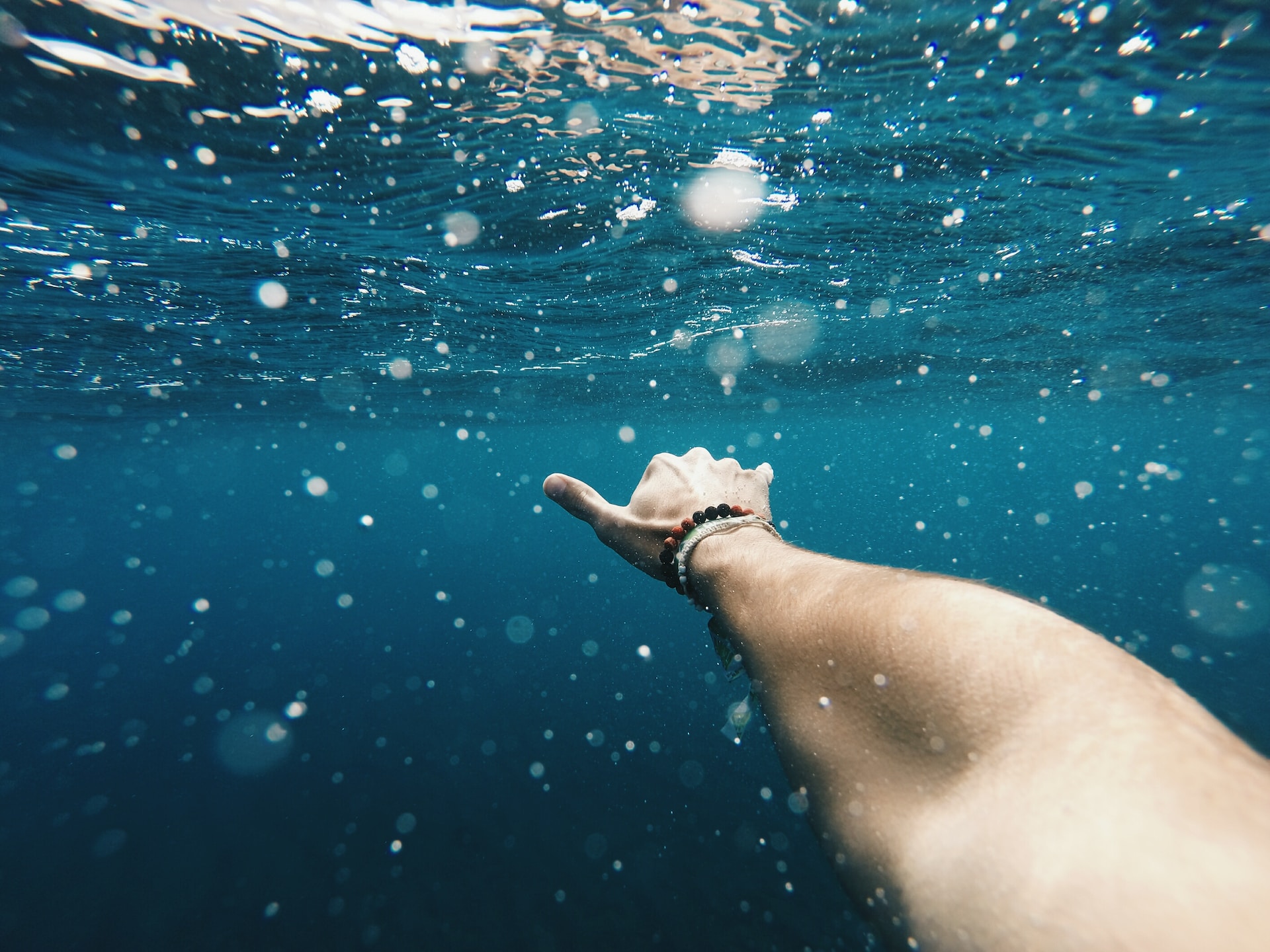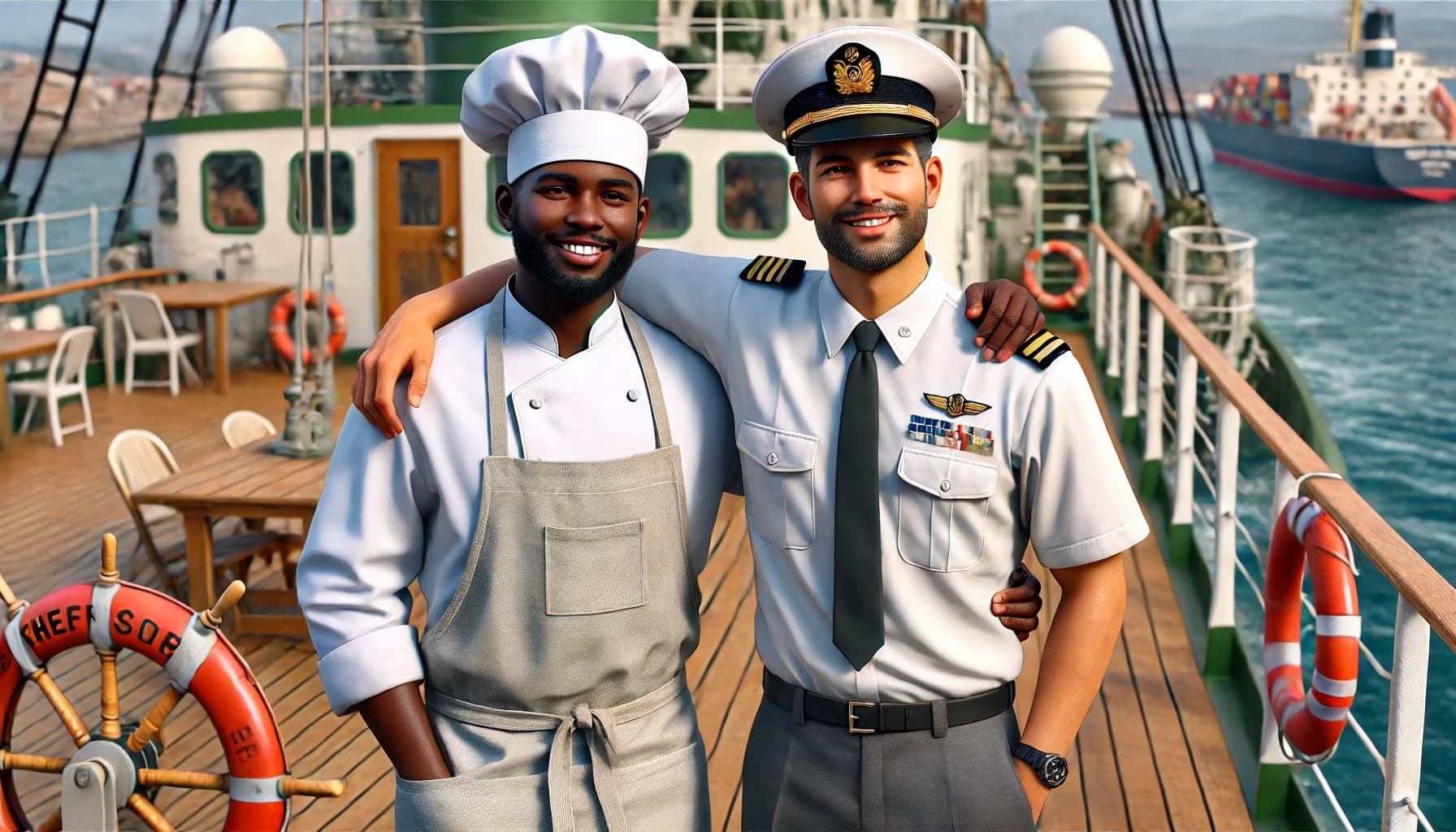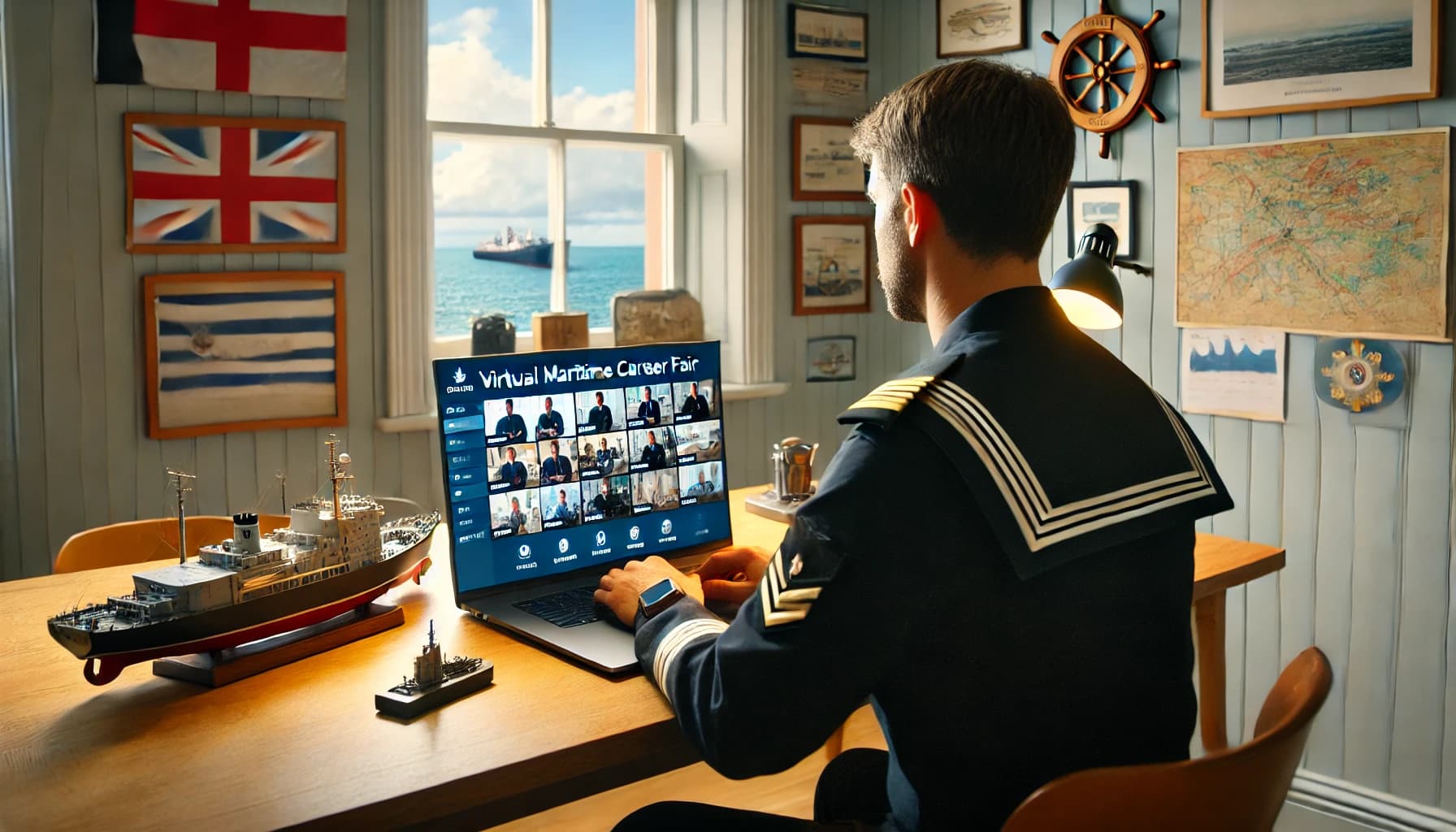They say we spend more than half of our lives working—for seafarers, instead of offices, they spend most if not all of their time sailing at sea.
And because their occupation calls for them to be out in the vast global waters, it’s only natural to assume they know one particular skill; surely, seafarers know how to swim, right?
Sure, some may know how. But what if we tell you that technically you can become a seafarer even without knowing how to swim?
What are the qualifications of a seafarer?
If you’re looking to start a career as a seafarer but don’t know how to swim, you don’t need to worry.
Nowhere does it state that a career in the maritime industry is exclusively for those who can perform all the swimming strokes with relative ease.
Read more: July 25th is World Drowning Prevention Day
The truth is the qualifications that a ship owner or manning agent may require will vary depending on the position you are applying for.
Those who are part of the hospitality crew will have different competencies and skills than those vying for the position of an Ordinary Seaman, a Chief Engineer, or an Electrician.

But what you will all have in common are valid seafarer’s certifications.
These four letters, “STCW,” will probably be among the ones you hear the most during training and certification if you’re thinking about working in the commercial maritime sector.
STCW is an acronym for conventions or “Standards for Training, Certification, and Watchkeeping for Seafarers.”
These conventions were adopted by the International Maritime Organization (IMO) in 1978 to ensure that all seafarers throughout the world meet a certain level of minimum training from level zero to Officer or Master level.
Every seafarer on a commercial ship, from the captain and officers to the chefs and stewardesses, will undoubtedly be required to take BST (Basic Safety Training) before starting work at sea.
Read more: What is a Seaman's Book & How Do You Apply for One?
They provide the basic information required to keep you and other passengers safe aboard any vessel, from a cargo ship to a superyacht.
By completing these modules, the learner ought to be capable of both averting incidents and resolving them swiftly and effectively, protecting both himself and other people.
You must first finish a training program authorized by the issuing administration or complete a term of authorized seagoing service in order to receive an STCW Certificate of Competence in addition to your BST.
Aside from these programs and certifications, specific specialized roles may require you to finish a particular course or accomplish additional training.

But one thing is for sure: none of these training programs mandate (the most they can do is encourage) that you learn how to swim.
Do seafarers know how to swim?
Browse the web for seafarers’ take on swimming, and you’ll get a myriad of blogs and forum answers, all pointing to the same conclusion: swimmers can be seafarers, but not all seafarers are swimmers.
Some even share how they or their crewmate has been in the profession for years without knowing how to execute a breaststroke properly.
But why is this the case? Some seafarers point out that although it can be beneficial to know how, the ocean is just too vast a place to swim.
In the unlikely event that you or a passenger fall overboard, it’s nearly impossible to think you can swim through the next ship or continent you’ll see. Swimming is physically draining, and there are just limits to the human body.
Some seafarers also voice out that a vessel, no matter what type, all carry life vests and flotation devices with her.
These devices acknowledge the human body’s limits and act as an aid to keep you afloat until someone in the crew spots you and helps you out.
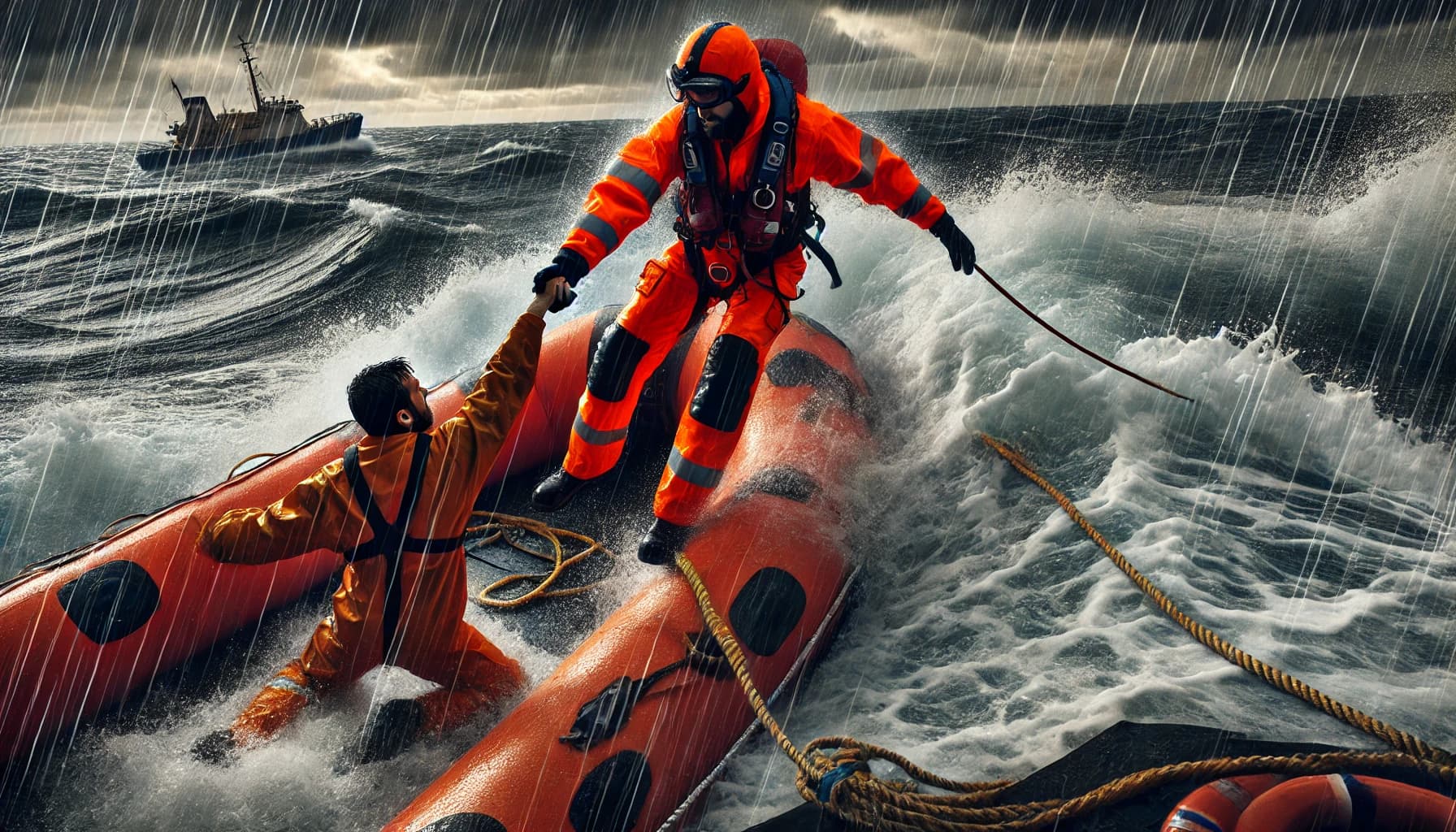
The benefits of learning how to swim
But although swimming is not a requirement, knowing how to before becoming a seafarer is actually beneficial to you.
1. Personal safety
The capacity to survive in the water is a clear benefit of learning to swim. You will undoubtedly come into contact with water at some point; knowing how to swim could save your life if you find yourself in water that is deeper than you.
2. Swimming is good for your health
As swimming is done in water, it is evident that it has a low impact. Long-term physical well-being is best achieved by swimming.
Swimming injuries are common because anything in excess can damage your body
Nonetheless, you can still kick during practice if you suffer a shoulder injury to keep fit. In other sports, it’s not as simple because you frequently have to stop playing altogether due to the impact.
When swimming, you can frequently use the healthy part of your body while resting the afflicted part. Overuse injuries are the most frequent swimming injuries, demonstrating that swimming is often easier on the body than any other sport-related injury.
3. It is a good workout
Several muscle groups are worked very intensely in the sport’s cardio component. Working several muscle groups is involved in each of the four strokes.
Both kids and adults frequently start swimming to lose weight. Due to its minimal impact, it is simpler for overweight persons to quickly pick up and burn calories.
A healthy lifestyle will be promoted by learning to swim in addition to weight loss. You can get a low-risk, high-intensity workout by jumping in a pool once you know how.
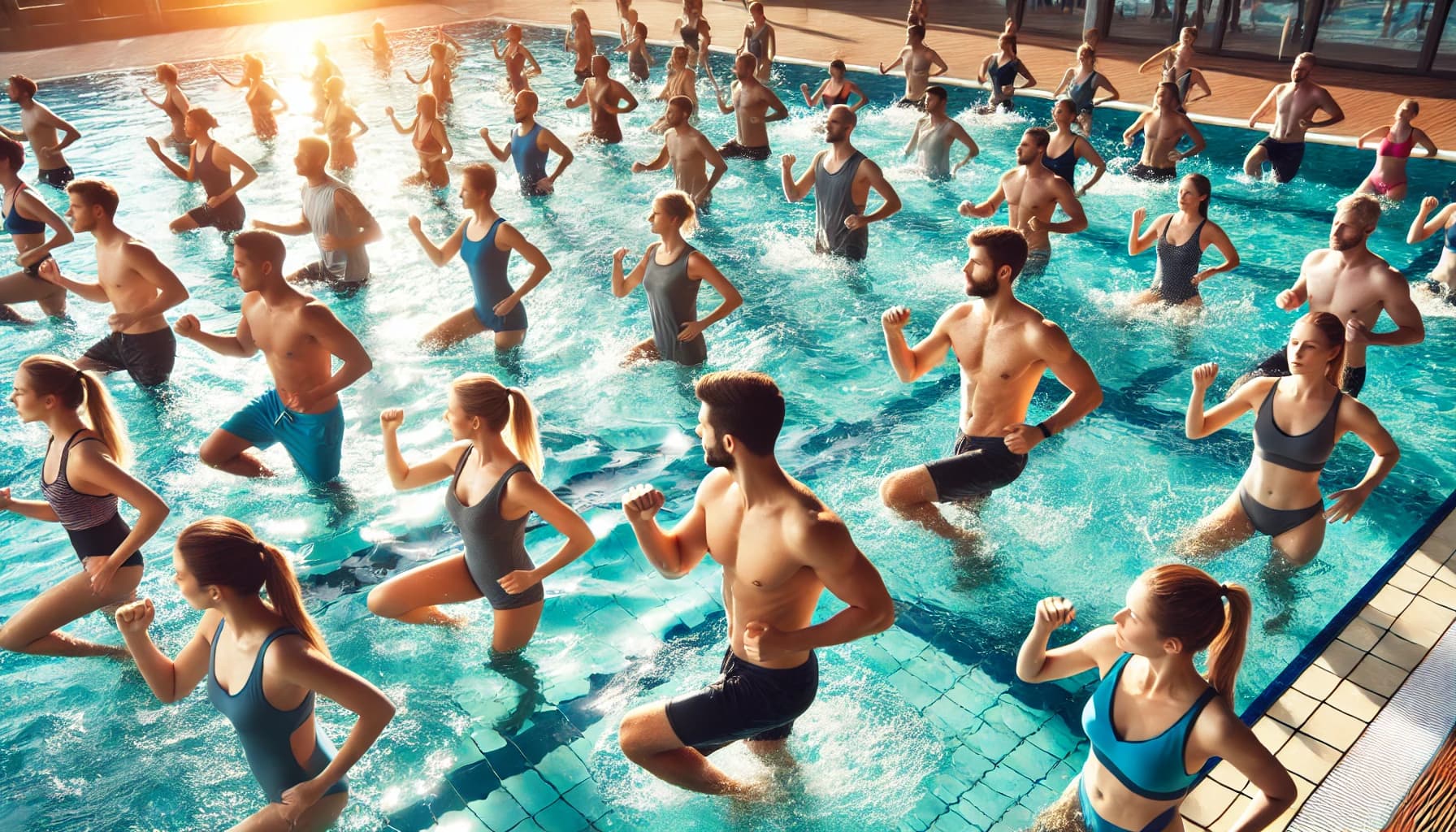
Furthermore, swimming is beneficial for both mental and physical wellness. Water-based exercising like swimming improves the use of joints affected by arthritis.
4. It can help relieve stress
Like all forms of exercise, swimming causes your brain to release endorphins. You feel wonderful thanks to these hormones. They contribute to an uptick in optimism, a feeling of well-being, and contentment.
According to some studies, swimming may be used to relieve stress. For instance, some rat studies have discovered that swimming can support the development of new brain cells in regions of the brain that suffer damage from chronic (long-term) stress.
To summarize
Although not knowing how to swim won’t ruin your chances of becoming a seafarer, learning how can be beneficial, especially for your safety, health, and wellness.
Want to learn more about life as a seafarer? Read more insights and blogs at Martide.
And if you’re ready to kickstart your career, we list down vacancies from a vast network of shipping companies looking for their next crew. All you need to do is download the free app, create a Martide resume, browse openings, and apply.

